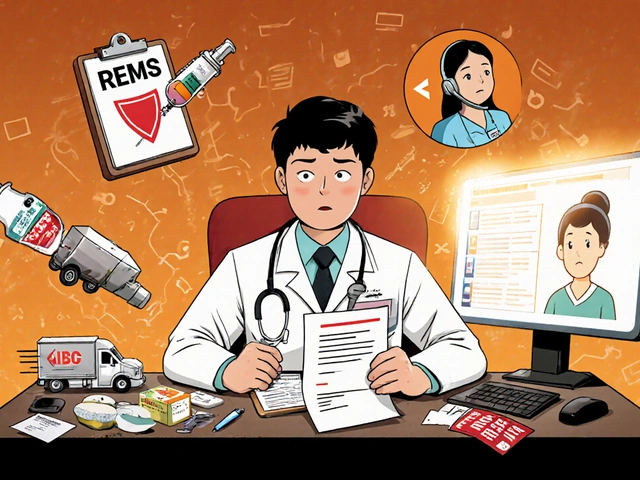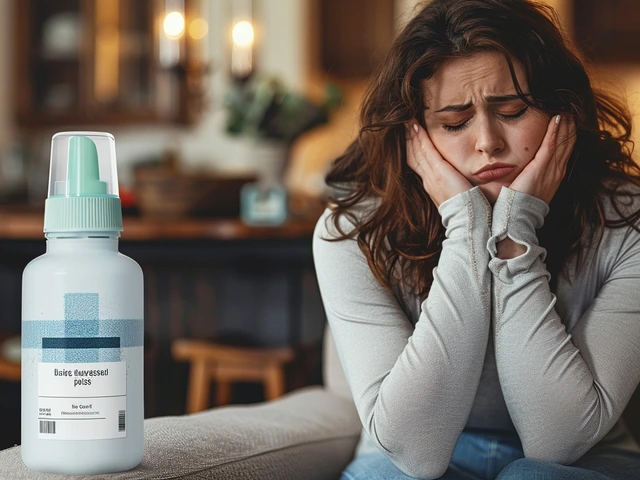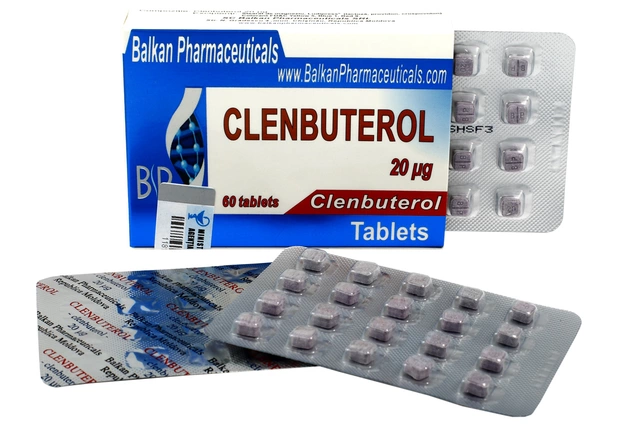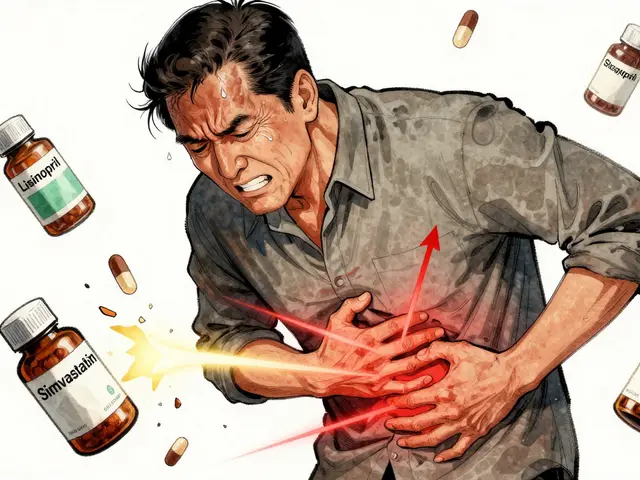Antabuse Alternatives – What Works Best?
If you’ve tried Antabuse (disulfiram) and hit side‑effects or just want a different route, you’re not alone. Many people look for other ways to curb drinking without the nasty reactions that sometimes come with Antabuse. Below is a straight‑forward guide covering prescription picks, therapy tricks, and everyday habits that can help you stay sober.
Prescription Options Beyond Disulfiram
The first place most folks check is other FDA‑approved meds. Naltrexone blocks the brain’s pleasure receptors for alcohol, so a drink feels less rewarding. It comes as a daily pill or a monthly injection, and many users report fewer cravings without the intense hang‑over feeling Antabuse can cause.
Acutex (acamprosate) works differently – it helps calm the brain’s chemistry after you stop drinking. People often pair it with counseling for best results. The side‑effects are usually mild, like a bit of stomach upset, and it’s taken three times a day.
If you’ve got liver issues, talk to your doctor about topiramate. It isn’t officially labeled for alcohol use disorder, but studies show it can cut cravings when dosed carefully. Because it also affects weight, keep an eye on any changes and discuss them with a health professional.
Non‑Medication Strategies
Medications are just one piece of the puzzle. Behavioral therapy, especially Cognitive‑Behavioral Therapy (CBT), teaches you how to spot triggers and replace drinking with healthier habits. A few sessions can give you tools that last a lifetime.
\nSupport groups like Alcoholics Anonymous or online communities provide accountability. Hearing real stories from people in the same boat can boost motivation on tough days. If you’re shy about group settings, try a one‑on‑one counselor who specializes in addiction.
Lifestyle tweaks matter too. Regular exercise releases endorphins that naturally curb cravings. Even a daily 30‑minute walk can shift your mood and make alcohol less appealing. Pair this with a balanced diet rich in protein and complex carbs – stable blood sugar means fewer urges to reach for a drink.
Finally, consider a “sober toolkit.” Keep phone numbers of supportive friends, a list of activities you enjoy (like reading or gardening), and a stash of non‑alcoholic drinks you love. When a craving hits, pull out the kit and distract yourself within five minutes – most urges fade quickly.
Choosing an Antabuse alternative isn’t a one‑size‑fits‑all decision. Talk to your doctor about medical options, weigh the pros and cons, and layer in therapy or lifestyle changes that fit your routine. With the right mix, you can break free from alcohol’s grip without the harsh side effects of Antabuse.
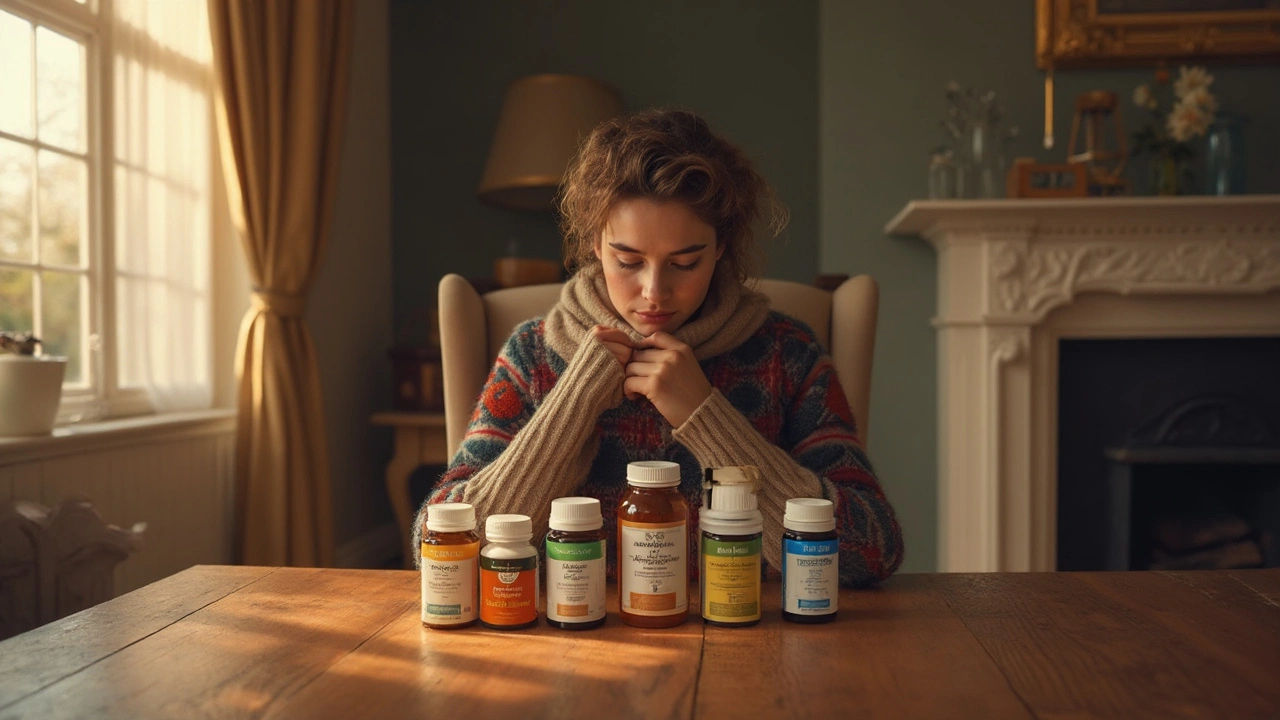
Exploring Alternatives to Antabuse: Effective Alcohol Dependency Treatments
This article delves into six alternatives to Antabuse for the treatment of alcohol dependency. It explores each option's unique benefits and drawbacks, providing insights into their mechanisms and uses. With factual data, the article aims to educate those seeking assistance beyond Antabuse. Readers will gain a well-rounded understanding of each alternative's pros and cons, aiding their journey toward sobriety.
Detail
